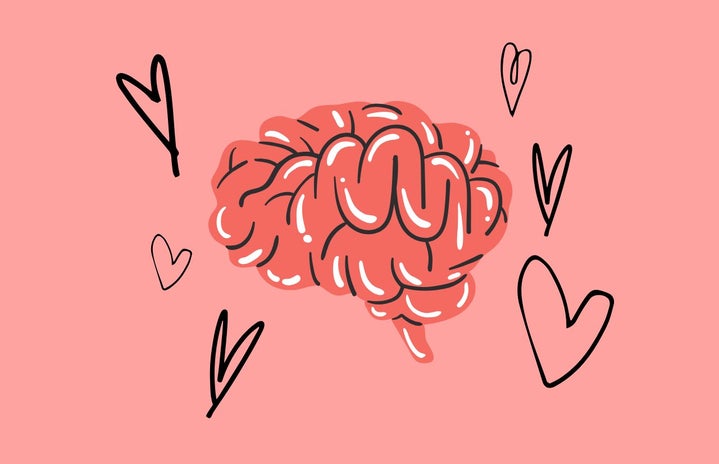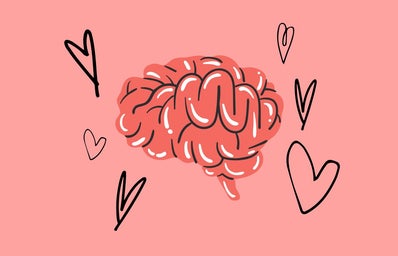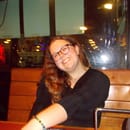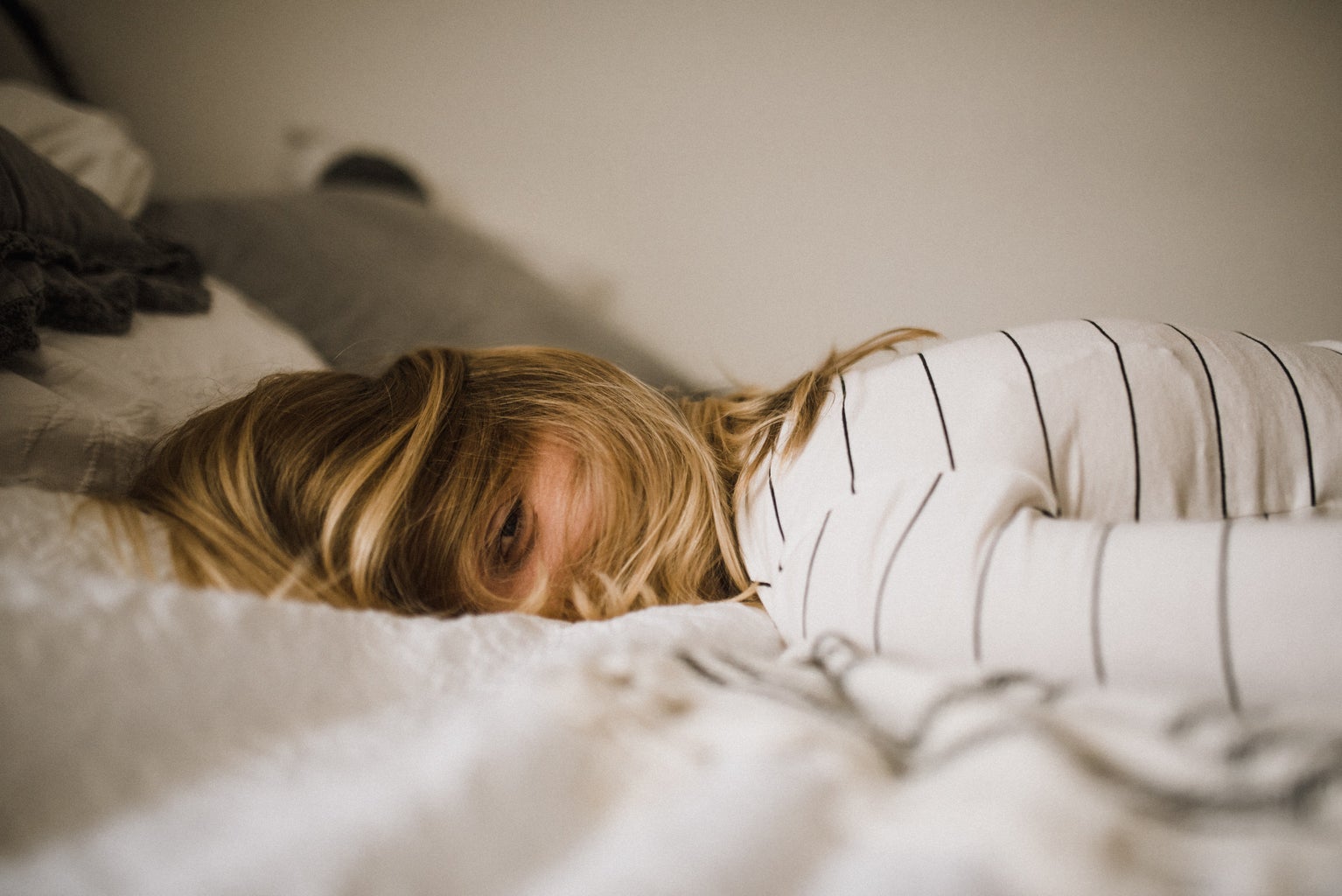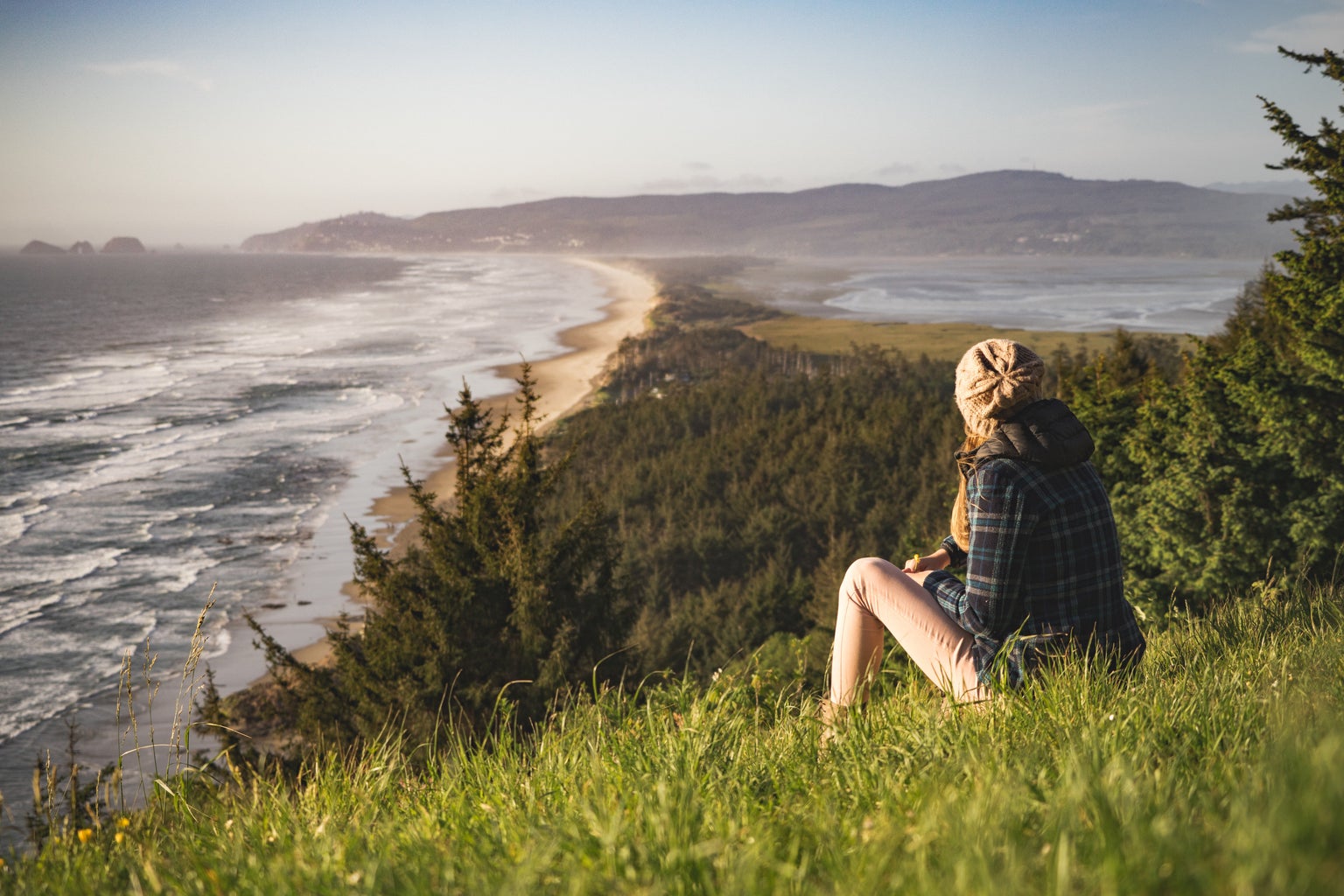This article contains discussion of sensitive topics including Depression and mental health.
For as long as I can remember, I’ve had a very comfortable understanding of my mental state. I knew when it was my anxiety that kept my wheels turning into the wee hours of the night, or when it was my depression that made it impossible to excavate myself from the armored comforter of my bed.
Everyone’s mental health journey is different, but it often starts with recognizing that something is wrong and needs to change. For me, this wasn’t the case. I never wondered what was wrong with me, because I knew. This was born out of a lifetime of mental struggle and evaluation — I started seeing a therapist at the ripe age of ten years old. In the near decade since I’ve become an expert on every nook and cranny of my brain.
Though I continue to know myself very well (that’s a verbatim quote from my therapist), my college experience has unearthed new aspects of my mental state I hadn’t recognized before. This is of course normal, change is always difficult and having to make adjustments can impact our mental stability. But for me, college, specifically at UC Santa Barbara, has showed me how my brain continues to evolve.
For many, college is the crucial transitionary period between childhood and adulthood— freshman fall is the wobbly, unforgiving first step. I remember the early days of my Gaucho career with a sad sort of clarity. Everything was fine and dandy until the sun started to dip around 5 pm, the air began to chill, and things started changing. Winter quarter, with its rain showers and cold mornings, was darker and more isolating.
Mood swings are expected in the cold months, with both the lack of sunshine and the potential for family holiday drama. But the immense and crushing depression that I was experiencing in this time wasn’t normal mood swings. In high school, I would joke that my depression was “year-round” depression, it wasn’t seasonal. I prided myself on the fact that the chilly weather and cloudy skies did not affect my mood.
Seasonal Affective Disorder (SAD) is when people experience symptoms of clinical depression in the winter. These symptoms can include a persistently sad mood, losing interest in the things we enjoy, difficulty sleeping and concentrating, appetite change, lack of energy, and so much more. The general scientific basis for SAD is that a lack of sunlight can disrupt our body’s internal clock, serotonin levels, and melatonin levels, thus triggering depressive episodes.
I grew up in the Central Valley of California, where summer temperatures stretched into the 110s and kids wished for snow to no avail. The sun was out each day like clockwork. Even in the winter, frost would gather on lawns before melting into the soil. We relished the days when the sun was tucked behind storm clouds. Weather aside, the monotonous suburbia of my hometown made the sunny days arguably worse. Beautiful weather, and nothing to show for it.
It wasn’t until UCSB, with its perfect-for-lounging lawns, endless beaches, and blue skies that the weather began to truly affect me. And I didn’t even realize it until that beautiful idyllic space was given back to me. Spring quarter of my freshman year brought life back to campus, life back to me. I had never experienced such a severe and immediate change in my mood.
Winter quarter of last year I was dealing with a lot of other mental health issues, I was in the process of getting diagnosed with ADHD and undergoing med changes that were severely impacting my day-to-day life. But when spring quarter began, it felt like a new leaf, a new chapter. The change in seasons was a big part of that.
I thought I knew my depression inside and out. Maybe I did at one point, but as situations change so do we. Going into winter quarter earlier this year, I was scared of relapsing into that depressive state I had once endured. But I allowed the lessons from the previous year to better prepare me for the season. I knew when to take breaks, I knew to take advantage of my surroundings when the sun was shining.
Having survived the tribulations of winter, I feel once again renewed. Spring quarter is fast approaching, and I’ve never been more ready. Mental health is delicate, and we must recognize the things that affect us to truly take care of ourselves.
Resources
988 has been designated as the three-digit dialing code that will route callers to the National Suicide Prevention & Mental Health Crisis Lifeline and increase the accessibility of the Lifeline for individuals beginning July 16, 2022. The National Suicide Prevention Lifeline provides confidential emotional support to people in suicidal crisis or emotional distress 24 hours a day, 7 days a week, across the United States.
Counseling & Psychological Services (CAPS) is committed to providing timely, culturally appropriate, and effective mental health services to our diverse UCSB student body, as well as professional consultation to faculty, staff, and families. All registered students are eligible for services at CAPS. When help is needed in sorting out a personal concern, CAPS is a resource for learning new skills in building self-confidence, relating to others, reducing stress, solving problems, and identifying options.
Founded in 1962, the Santa Barbara County Department of Behavioral Wellness promotes the prevention of, and recovery, from addiction and mental illness among individuals, families, and communities, by providing effective leadership and delivering state-of-the-art, culturally competent services.
